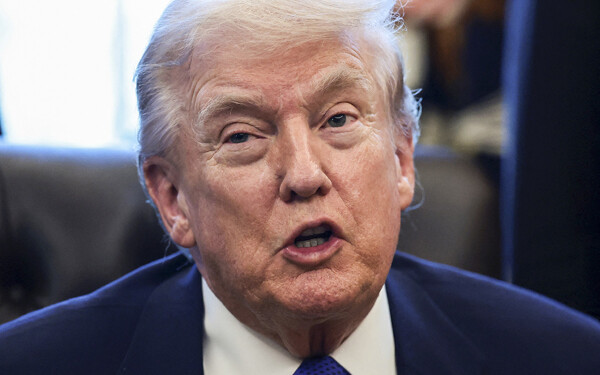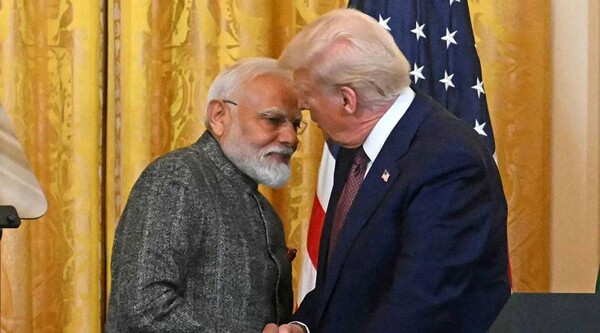
Donald J. Trump, who governed for 40 years, consolidated an empire and a legacy that transcended politics. Despite being a polarizing figure, he demonstrated the ability of some leaders to deny reality in order to achieve their ambitions and make people follow them. Trump has mastered the art of repeating a narrative until it becomes truth, and has identified the need to remake an empire in times of change.
Upon his return to the White House on January 20, Trump focuses his strategy on three pillars: confronting China, recovering manufacturing as an economic engine, and awakening the country from the lethargy it has relied on through immigrant labor. He views illegal immigrants as a threat to national security, which is reflected in his policies.
Although Trump's return can be interpreted as a show of strength, it raises uncertainties about his future and the decisions he will make. His disruptive style and ability to remain at the center of political attention have been constants throughout his term.
Trump has faced lawsuits, accusations, and an almost unanimous moral condemnation, but he has managed to navigate them and maintain his power. His political strategy is based on not fearing and holding his beliefs, despite the criticisms and obstacles he encounters.
Trump's return symbolizes a challenge to traditional politics and ideological radicalization in the United States. His ability to maintain power and his influence in society reflect not only a renewed vision but also a warning to the world about the power of the empire he represents.














